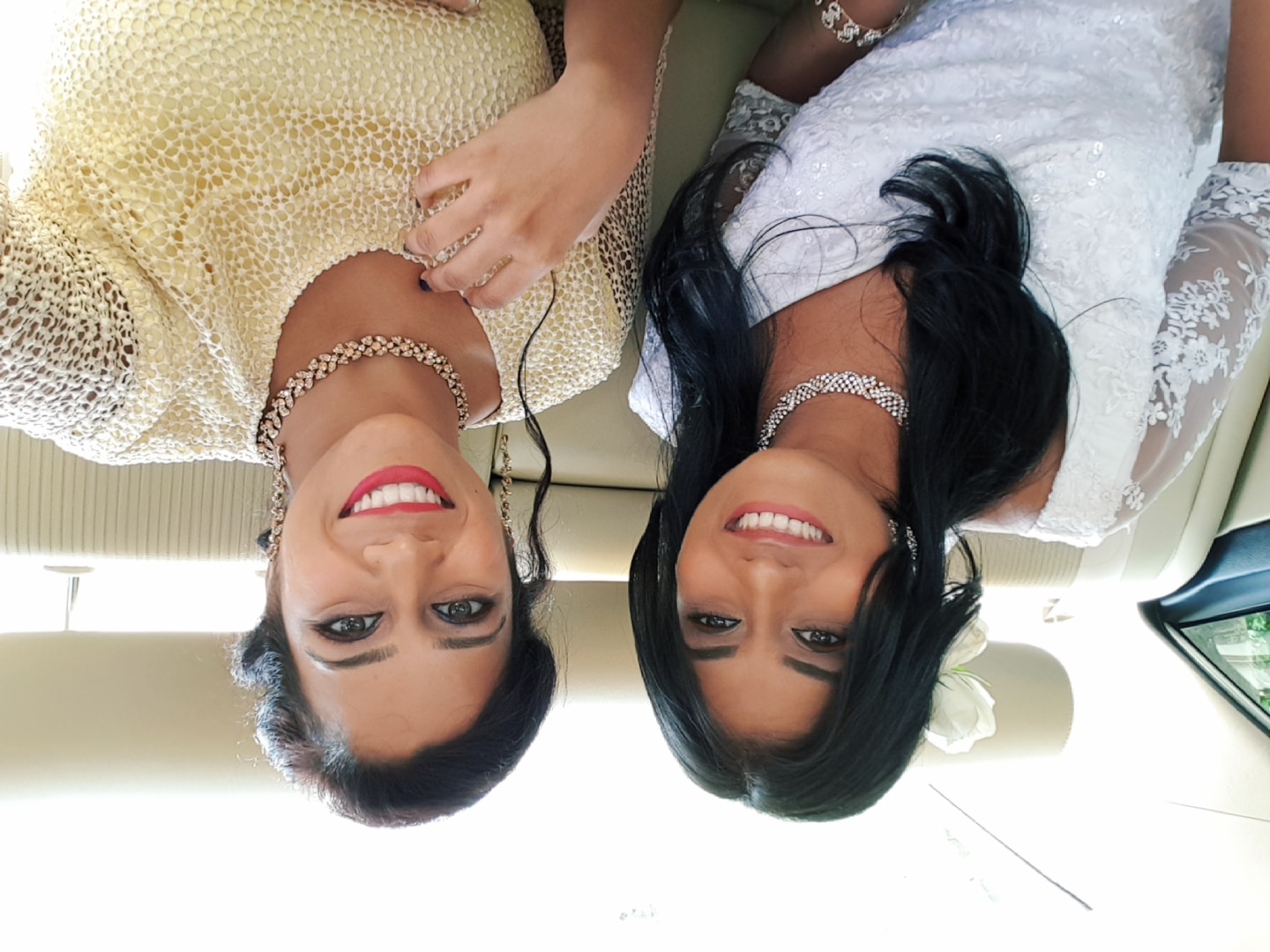Pause the shopping, here’s how married Christians can live out the true meaning of Singles Day
by Jane Lee // November 10, 2019, 12:01 am

Singles Day was meant to bring singles together, hence the students selected the date with the most 1s, 11/11, to celebrate. Photo by Hanson Lu on Unsplash.
At the stroke of midnight, savvy shoppers will start filling their online shopping carts in the largest shopping event here – Singles Day sales. A recent report found that 11.11 is even bigger than Black Friday, Cyber Monday and 12.12 in Singapore.
Previously, offers were found mainly on online stores like Lazada, Shopee and Qoo10 but brick-and-mortar shops are now jumping onto the bandwagon to capitalise on the open wallets.
It started with students hosting singles parties to counter the negative social stigma of singlehood.
Singles Day began as an “anti-Valentine’s celebration” in 1993 when students at Nanjing University in China’s Jiangsu province hosted singles parties meant to counter the negative social stigma associated with singlehood. As it was a day designed to bring singles together, they selected the date with the most 1s – 11/11 – to celebrate.
But by 2009, Chinese e-commerce giant Alibaba turned the day into an online shopping frenzy that has since spread globally, especially in Southeast Asia. In its early days, some of the featured sales revolved around the single life, such as boyfriend pillows and single travel tickets, but it has now widened to an all-encompassing shopping spree.
More than shopping
The irony is not lost on me that a day that was meant to uplift singles – or the “self-partnered” as coined by actress Emma Watson – has been hijacked to celebrate mass consumerism.
But could this day also have a redemptive purpose where married Christians live out the true meaning of Singles Day by embracing the unmarried in their midst?
Here’s my take on some tips from social psychologist and public theologian Christena Cleveland that you might like to mull over as you take a break from the bargain-hunting.
1. Admit that you don’t know much about singleness
Some married people think that they understand singleness because they were single before they got hitched. They assume that singleness is to marriage as primary school is to secondary school – that you graduate from one to the other.
But the fact is singleness isn’t a primary-school version of marriage. “It’s an entirely different sport – if you haven’t played it, you haven’t mastered it,” said Cleveland.
“The challenges and joys of singleness are equal to but different than the challenges and joys of marriage.”
“Like marriage, singleness is complex. The challenges and joys of singleness are equal to but different than the challenges and joys of marriage,” she added.
When I was single and a missionary, envious missionary wives used to tell me how much easier it was for me to navigate the mission field as an individual, as opposed to having to deal with children’s schooling.
Except that it wasn’t. I battled with loneliness while trying to integrate into a new culture. A missionary family was an individual unit where members supported one another. And children, especially adorable toddlers, were always great conversation starters with the locals.
We tend to make assumptions about what we don’t know, that’s why humility is important. Perhaps try treating singleness like we would when preparing for cross-cultural missions. Study singleness, learn from the singles. And if you’re preaching on singleness but don’t have substantial experience with it, you can always get the help of an actual single person.
2. Recognise your privilege as a married person
Married people literally run the Christian world. How many singles can you think of in your church’s pastoral team or board? The married perspective is well-represented in the Church in ways that the single perspective is not.
In the US, married people seem to be more likely to get hired as pastors. Cleveland noted that a quick search on Amazon revealed that for every 1 Christian book on singleness, there are 298 Christian books on marriage.
And just for getting married, friends and family members give married people generous red packets or expensive gifts – “a mark of privilege if there ever was one”, she added.
But it is only when we recognise our privilege that we can restore balance.
But it is only when we recognise our privilege that we can restore balance. First by listening, then by being an advocate and raising questions such as “How can we make our ‘family camp’ more inclusive for singles?”
Or we can make sure that issues that are important to singles are raised in meetings, from the pulpit, at retreats and so on, including thorny topics.
In an earlier article, I mentioned that churches could run practical workshops for singles on dealing with singleness, one of which I cheekily named What to Say to the Mummy Colleague Who Wants Priority in Taking Leave (Again). At least one reader took offence at it, calling me out for perpetuating a stereotype that working mothers take more leave, although to be fair I was referring to the priority to take leave instead of the actual number of days.
Semantics aside, the fact is this is a real tension in the workplace, and perhaps it is through honest dialogue between Christian working mums and those who have no children, that we can learn how to navigate these conflicts better.
3. Acknowledge that marriage is not necessarily the gold standard
Marriage is the norm, not just in church but also in society. It is often held up as the gold standard, which is strange given that our faith was started by a single Man. Or if we leave Jesus out of it (because He’s also God), one of the most important Church fathers was single and told everyone to stay single too (1 Corinthians 7:8).
Marriage isn’t a fruit of the Spirit, so married people aren’t more holy, godly or mature than single people.
How did the Church go from a place that encouraged celibacy to a place where singles don’t fit in?
“Many single people feel that they are often automatically stereotyped as spiritually immature, morally dangerous and unsuitable for leadership simply because they’re single,” said Cleveland.
To her, marriage isn’t a fruit of the Spirit, which means that married people aren’t more holy, godly or mature than single people.
“Married people haven’t ‘arrived’ in a way that single people haven’t,” she continued. “Married people aren’t even ‘on track’ in a way that single people aren’t.”
I used to serve in Thailand, a country where some mission agencies would not send single male missionaries to, for fear of sexual misconduct. Interestingly in the 10 years that I was there, I knew of only two men who went off the rails – and both were married. The rare singles either remained single or married a local after a period of courtship.
4. Celebrate single people
When people get married or have a baby, we tend to go all out to celebrate them – and that’s a good thing. But we should recognise that many single adults never get celebrated like that.
“We must celebrate what God’s doing in people’s lives.”
The singles may not be exchanging wedding vows or growing a baby in their womb but God is doing amazing things in their lives – from the big milestones (getting a degree, buying a flat, launching a ministry or business, landing a new job) to the mundane everyday (loving their neighbour, surviving a tough week at work).
“We must celebrate what God’s doing in people’s lives, whether it’s similar to what God’s done in our own lives or not,” said Cleveland.
So let’s find reasons to throw parties for the single people in our community to celebrate them as they are. And if you can afford it, why not get them something from the Singles Day sales too? Happy shopping!
We are an independent, non-profit organisation that relies on the generosity of our readers, such as yourself, to continue serving the kingdom. Every dollar donated goes directly back into our editorial coverage.
Would you consider partnering with us in our kingdom work by supporting us financially, either as a one-off donation, or a recurring pledge?
Support Salt&Light



